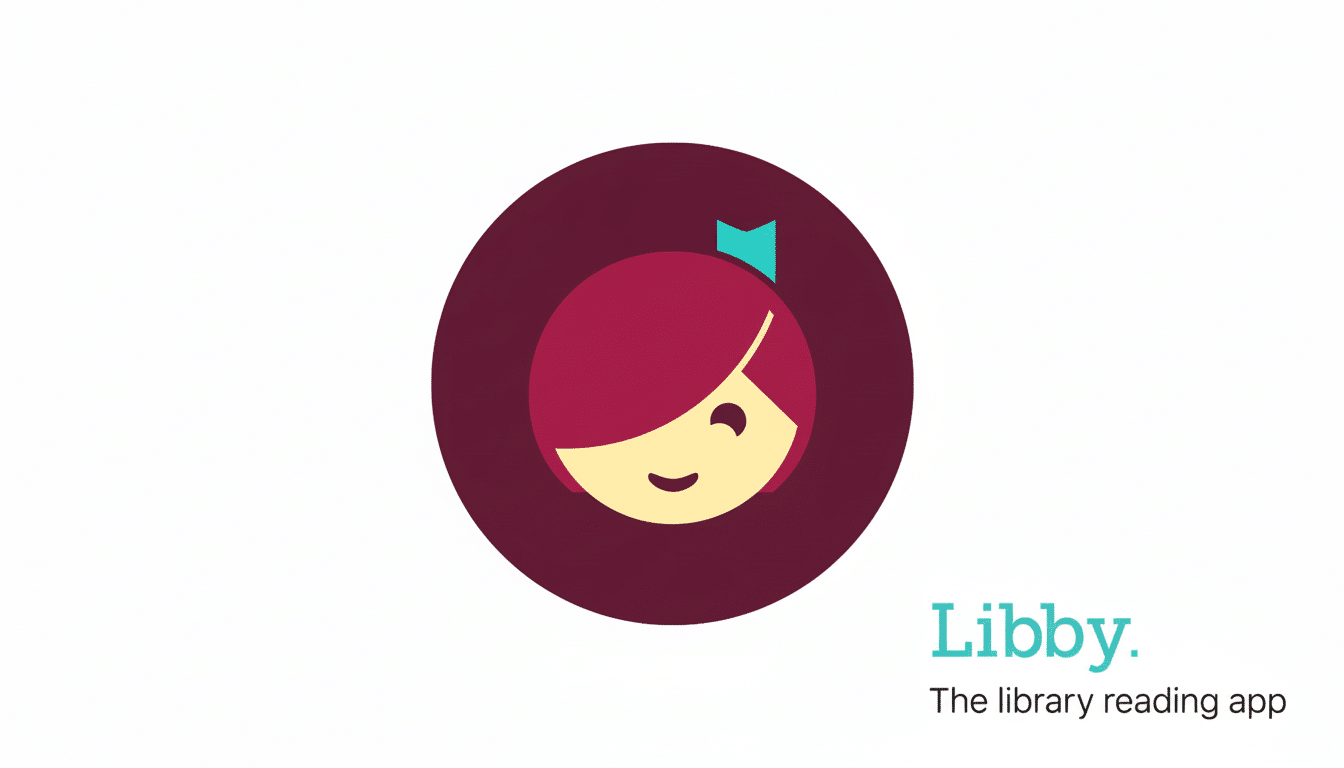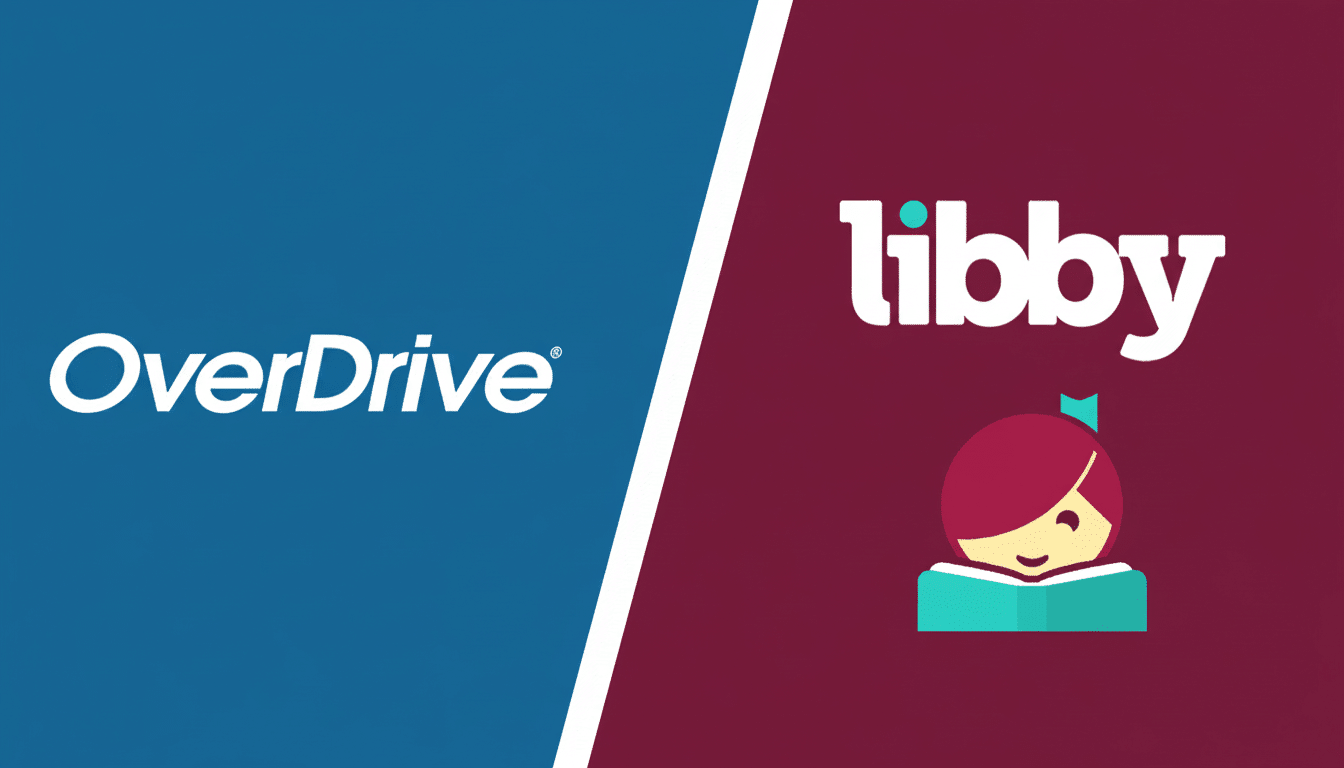Libby, OverDrive’s popular library app, has made some changes to how readers borrow and hold books, and the tweak makes it harder to postpone a digital book until you’re actually ready for it — without leaving you unexpectedly pushed up against a deadline.
The longtime “deliver later” option, which let customers delay an eBook for months, has been replaced with a brief pause and the requirement to manually unsuspend when you’re ready in earnest.

What Changed in Libby’s Hold System for Library eBooks
Before, readers were able to push delivery out as far as 180 days. That safety valve came in handy when there were multiple holds at a time, or life got busy. Now, when an on-hold eBook is ready for you, you have around three days to pause the delivery if it’s not convenient. When you are ready, you will need to go back to your Holds shelf and unsuspend the title in order for it to move back into the active queue.
“What we’re doing differently is we maintain these copies in circulation and patrons can control them,” Libby said. If you do freeze your holds, you maintain your place in line for that period of time; but a hold languishing for one year may be canceled, meaning it would be necessary to rejoin the waitlist from the beginning. For a lot of readers, that’s an unwelcome bit of calendar management superimposed on what used to be a set-and-forget function.
The steps are straightforward but unforgiving:
- Open Shelf > Holds in the app.
- Click or tap Manage Hold on the title of your choice.
- Press Suspend Hold to pause it.
- Select Unsuspend Hold after you’re prepared to read.
Miss that initial three-day window and your opportunities shrink fast.
Why Libby Thinks the Shift Is Fair for Library Patrons
OverDrive’s logic is simple: digital library collections are subject to “one copy/one user” as print books. Libraries license individual digital copies from publishers, and only one person can check out a copy at a time. Cutting down on long deferrals allows copies to circulate in readers’ hands instead of waiting in line.
This is important because demand is climbing. Library and school record-setting numbers have been achieved in recent years, according to OverDrive’s annual circulation reports which shared hundreds of millions of digital checkouts. This feels a bit perverse: meanwhile licensing models frequently have a meter—your eBook license expires after some fixed number of uses or duration, so your idle time is costing you money. The American Library Association has been ringing this alarm for years: eBook licensing in libraries is much more expensive than consumer sales, and typically expires after a shorter period of time, forcing library systems to strain their budgets while holds pile up.
At large systems such as the New York Public Library or Los Angeles Public Library, it is not unusual for there to be triple-digit hold queues on best sellers. In this context, OverDrive’s move is billed as a means of making copies available to readers who are ready to borrow now rather than leaving spots on pause for months.

Real-World Impact on Readers and Their Hold Queues
The trade-off is more resistance for patrons who depend on holds arriving at a manageably smooth pace. Students taking exams, parents managing inboxes for multiple accounts, and members of book clubs timing a particular title might see the three-day window for deciding as a squeeze. Since there’s no longer a static date “deliver later,” readers have to follow the hold list more closely and set reminders to unsuspend at the right time.
There are some regular users of Libby who have complained that the app has flipped the burden from pesky automation to hands-on list management. Miss a cue and you can find yourself floating your suspension too late, missing an attempt for the cycle, or letting a hold languish all the way through cancellation after one year of inactivity.
How to Adjust Without Losing Your Spot in the Queue
It’s also worth turning on push and email notifications for holds so you don’t miss the small window in which to act. If you have several titles in your queue coming up near the top, try suspending proactively before they make it to “available” so that arrivals are staggered. Use Libby’s tags to separate “read next” and “someday” titles, maintaining a lean active holds list.
If you get the notification and it’s bad timing for a particular title but you want to keep your place in line, suspend anytime within those three days, then unsuspend from Shelf > Holds > Manage Hold when conditions are better.
If your library has “skip the line” or “lucky day” copies, those can help fill in gaps as core holds cycle back through. Readers with access to a library card from more than one system can spread holds among them to avoid pileups.
The Big Picture for Libraries Managing Digital Demand
Libraries are working to find new ways of stretching their digital budgets at a time when demand keeps going up. So groups like the Urban Libraries Council note that controlling wait times, licensing limits, and patron demands is an ongoing dance. Libby’s policy adjustment incentivizes the system’s primary throughput mode, but it places slightly higher bets on patrons to maintain their queues.
Whether it is a net win remains to be seen: more convenient wait times and better circulation versus potential increased missed holds. During the next few months, OverDrive and libraries will be monitoring completion rates, average wait lengths, and user feedback closely. For now, readers who enjoyed the set-it-and-forget-it “deliver later” function will have to be a little bit more vigilant — and perhaps rely on a calendar reminder — for their next eBook delivery.

